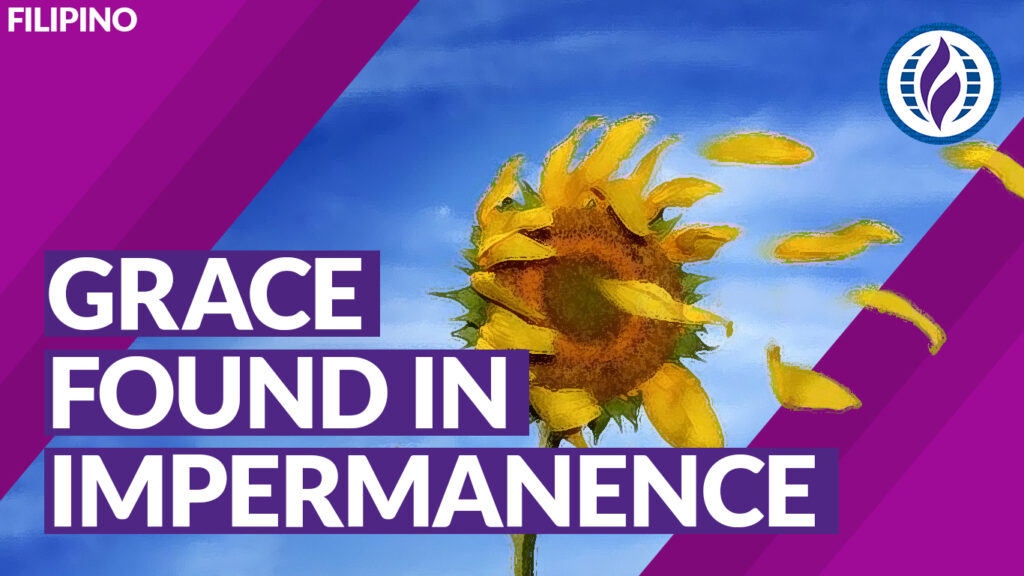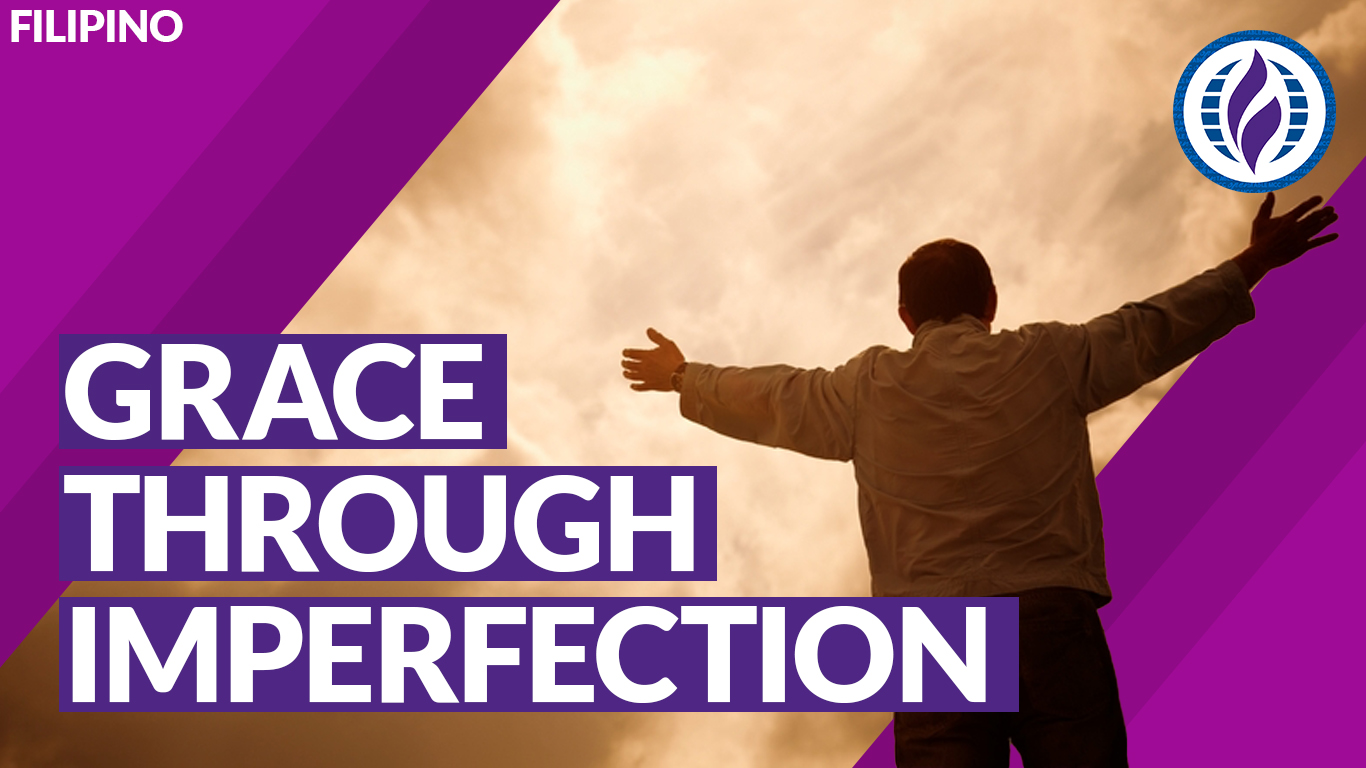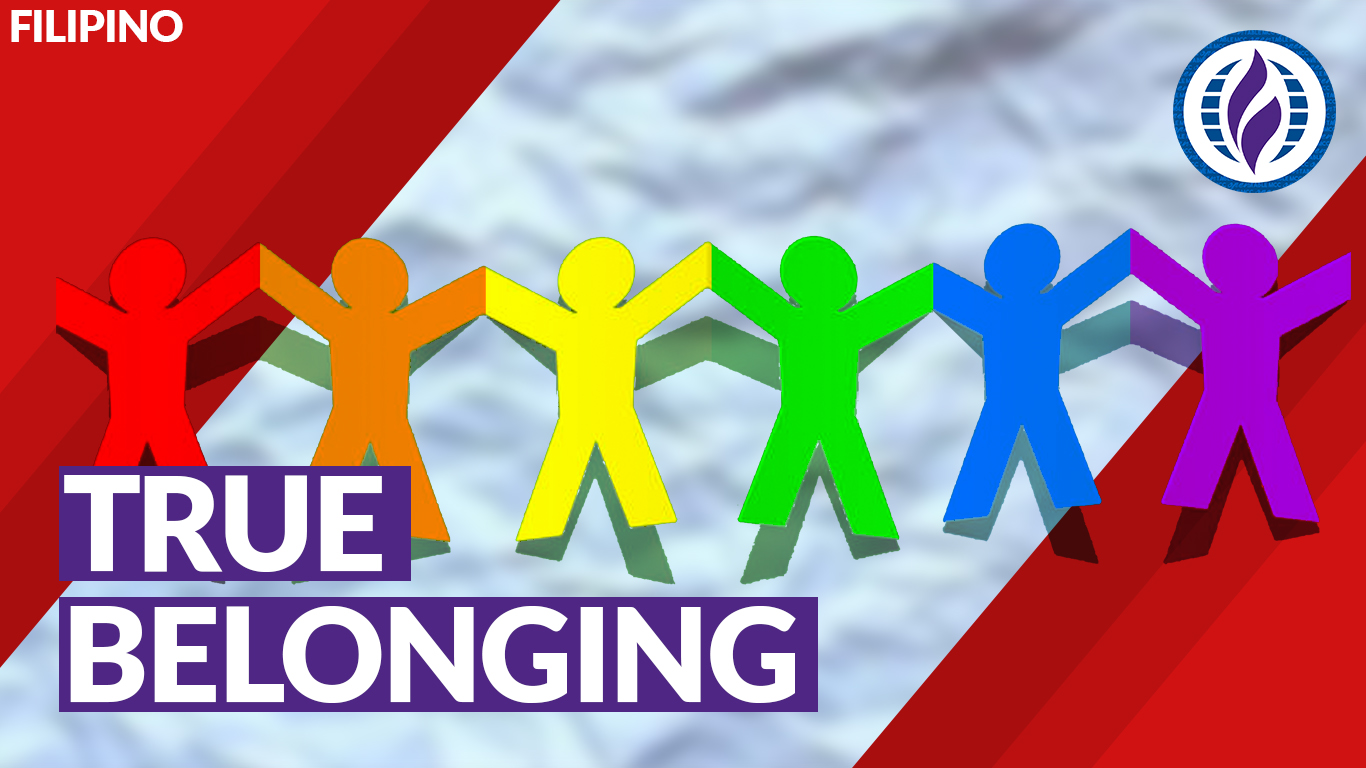You make darkness, and it is night, when all the animals of the forest come creeping out. The young lions roar for their prey, seeking their food from God. When the sun rises, they withdraw and lie down in their dens. People go out to their work and to their labor until the evening.
O Lord, how manifold are your works! In wisdom you have made them all; the earth is full of your creatures. There is the sea, great and wide; creeping things innumerable are there, living things both small and great. There go the ships and Leviathan that you formed to sport in it.
These all look to you to give them their food in due season; when you give to them, they gather it up; when you open your hand, they are filled with good things. When you hide your face, they are dismayed; when you take away their breath, they die and return to their dust. When you send forth your spirit, they are created, and you renew the face of the ground.
Scripture Reading
Psalm 104:20-30 (NRSVUE)
Pag natutolog ba kayo, hanggang paggising n’yo ng umaga, iisang posisyon lang kayo? Your body needs to change position, to move. If you stay in one position for a long time, your body will experience discomfort.
Change and movement are fundamental in the very fabric of existence and your body. And I would argue that change is existence itself. No movement and no change, no existence.
According to Gautama The Buddha, change or impermanence is one of the three realities of life. This reality observed by many peoples across different cultures and times have been a constant topic of existential inquiry. Whether east or west, whether Chinese philosophy or Greek philosophy, pinagmumunihan nila ito.
Sa bible, ang pinaka-famous na chika about change is in Ecclesiastes, in the book of Ecclesiastes chapter 3: “for there is a time and a season for everything under heaven.” There are other places in the bible that talks about change and impermanence. Psalms 104 sings about God’s wonderful creation. It says that God created darkness and evening. And when darkness in evening comes, there are creatures who come out to hunt and look for food. And then when the sun rises and the light comes, they will retire. And then the humans will then come out to do their work.
Nilikha ng Diyos ang gabi, at umaga, at bawat oras in between. At mayroong nagaganap sa bawat pagpalit ng oras o panahon.
God as Creator is the first or the primary mover. In Genesis 1, God started a series of movements and changes. Beginning with the creation of light. And from there, days, weeks, seasons started to roll into their cycles. Change started with creation. From nothing into something. From static singular non-movement into an expanding multiplication and evolution.
The universe started with a singularity. A small point, almost the same size as a pinhead. Everything that you see right now, and everything that you know or imagine, and everything that we do not know yet – everything started and all came from a single dot na kasinglaki ng ulo ng karayom. A dot of energy. For whatever reason, or no reason at all, this dot of energy expanded like a balloon. And then, with its expansion, energy changed. Matter and anti-matter cancelled each other out, until matter is what is left. Matter survived and continued the expansion, and with that expansion of matter, it multiplied and evolved into many different forms, elements, particles, and subatomic particles. And then gravity pulled them together. And they began to come together for the birth of the stars. And then the stars gathered together to become galaxies. Galaxies into clusters and superclusters. And as stars died, they evolved and changed into different things, most common of which are black holes. Some stars will cool down to a version of a white dwarf or a red dwarf. As stars were being born, matter also became planets, asteroids, and comets. This process of expansion, evolution, change, and transformation continued to happen for billions of years. Stars and planets were born. Stars and planets died. And from the remnants of these dead stars, new planets and stars were born again. Until such time that it gave birth to our star that we call the sun. And Earth formed, and the other planets formed. For whatever reason, or no reason at all, nang lumamig na ang Earth, the non-living carbon material became a single-cell carbon-based life. This single-cell life eventually expanded and evolved, and changed into multi-cellular life. It then evolved further to become water-dwelling creatures. And later crawled into land as reptiles. And then reptiles into birds. And then, all became dinosaurs of Jurassic Park. And then, into mammals. And then, into complex, intelligent conscious life form that eventually called itself as humans.
This is creation. A constant continuation of change. From a biological standpoint, according to an article by Scientific America, the human body gets replaced. Every single day, billions of cells in your body are changed and replaced with new ones. Approximately 80 to 100 days, a little over three months, your body is a totally new body.
Ngayon, bakit may pa-review ng Science, pastor?
This serves as a reminder that both religiously and scientifically, change is fundamental to existence.
Existence itself is change. Creation is an act of change. Creation requires itself to be impermanent, in relation to change. Change is built into the universe, and it is built into your own bodily system. Whether you’re aware of it, and whether you don’t like it. Change is around us, in us, and we are here because of change. Change in itself is fundamentally good. Even when sometimes we think or feel that it is bad, uncomfortable, or scary.
The best thing about change and impermanence is that, unlike natural forces, humans have the power to effect change and determine the change that we want for ourselves.
The problem is not change. There are two problems in relation to us humans. According to the Apostle Paul, ang problema raw is when we look for something eternal and lasting in a world that is mortal and temporary. When we expect material things to give us perpetual or never-ending satisfaction, and interpret that satisfaction as joy.
There is goodness in the material and temporary. God created the material and temporary, and God said it is good. But do not confuse the temporal with the eternal. Do not grasp on material and temporal things as if they are forever.
According to Paul, three things shall remain. Faith, hope, and love. And the greatest of these is love. In Greek, it is “agape” – a love that is based on choice and does not grasp.
Love is eternal, but it has many phases, and for it to be love, it changes and has cycles of change.
Love is the fuel of growth. Love is the fuel of transformation, and therefore love, perhaps, is the energy of change.
Ang isa sa realities ng buhay ay change or impermanence. Ang pangalawa diyan ay suffering. Existence is suffering. And that this suffering comes from attachment or grasping tightly. We desperately hold onto things, peoples and situations. And we get so attached and connected, or engaged, with temporary things, that when a person, thing, or situation changes, the consequence is that we suffer. We get disappointed. We get hurt.
True love never grasps. It allows things and people to change, and grow, and move.
Bakit marami ang ayaw sa pagbabago? Lahat tayo, may iba’t ibang resistance sa change. Ayaw ng tao sa change because they will lose control. Lalo na sa mga perfectionists. Walang control kasi unfamiliar and may uncertainty. It requires you to take control of your life and happiness.
Change also requires freedom. And freedom is also equal to responsibility.
Ang iba, ayaw ng change because it requires changing the way you do things. Change, in some situations, will require you to live and work with people who are imperfect. Change also means not working with the people you feel most comfortable working with.
Change is not the problem. Change is not evil. Ang pagbabago, bagaman minsan ito ay hindi komportable, o walang kasiguraduhan, hindi ito ang problema, at hindi ito masama. Ang problema ay ‘pag hindi natin niyayakap at tinatanggap ang katotohanan at reyalidad ng pagbabago. At hindi natin ginagamit ito para sa ating ikabubuti.
Change, good or bad, can be a turning point for growth and learning. At tulad ng sabi ko kanina, unlike sa natural forces that bring about change, evolution, and multiplicity, tayong mga tao, we as humans who evolved into this magnificent mechanism of creation, we can effect change. We can make change work for us and with us.
Created in God’s image and gifted with our capabilities, we can create and recreate ourselves and our surrounding into what is good, beautiful, and true. Change is the other name for creation. Change is the other name for growth and progress. Change reminds us that evil things, or evil people, or evil situations will not last, no matter how long it takes.
Change, as the venue of God’s grace and goodness, reminds us na hindi mananatili ang problema o ang mga chaka. Ang lahat ng mga bagay ay nagbabago at magbabago. Change or impermanence, temporality, or mortality gives rise to infinite possibilities.
Impermanence or mortality was so good! It was so good, that out of great love, God left eternity and became a mortal human to experience change and to experience the mortality of the flesh in the person of Jesus Christ.
So, huwag kang matakot sa pagbabago, anuman ito. Gamitin mo ito para sa ikabubuti mo at ng iba.
Though change can be scary and uncomfortable, welcome it, and allow it to flow in your life. God’s grace flows with the change. It is an act of creation. Change is exactly the doorway toward grace and blessing. Nasa pagbabago ang pagpapala at grasya ng Diyos. Nasa pagbabago ang kalayaan at bagong buhay. Nasa pagbabago ang panibagong pag-asa. Impermanence or change is existence itself, whether you like it or not. Do not resist it, but rather welcome it and see how it can work for your benefit, or can teach you something. God’s grace and power will meet you, will encounter you there only if you are willing.
I end this preaching with the end verse of our reading today from Psalm 104: When you send forth your spirit, they are created. And you renew the face of the ground. So, hold onto God’s promise that God always creates something new, beautiful, and true.
Podcast: Play in new window | Download
Subscribe: Apple Podcasts | Spotify | RSS



